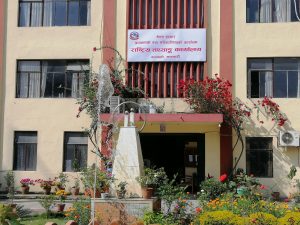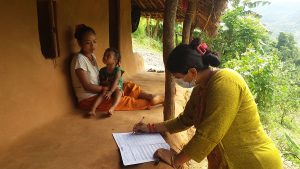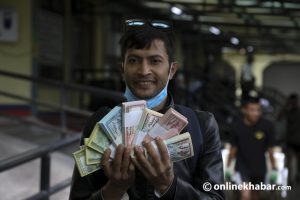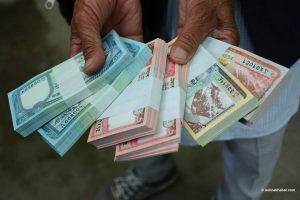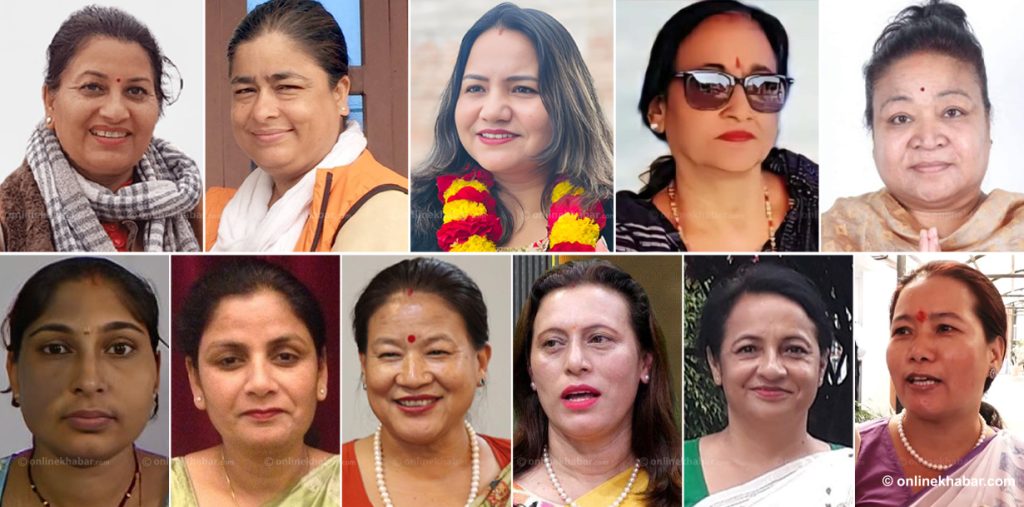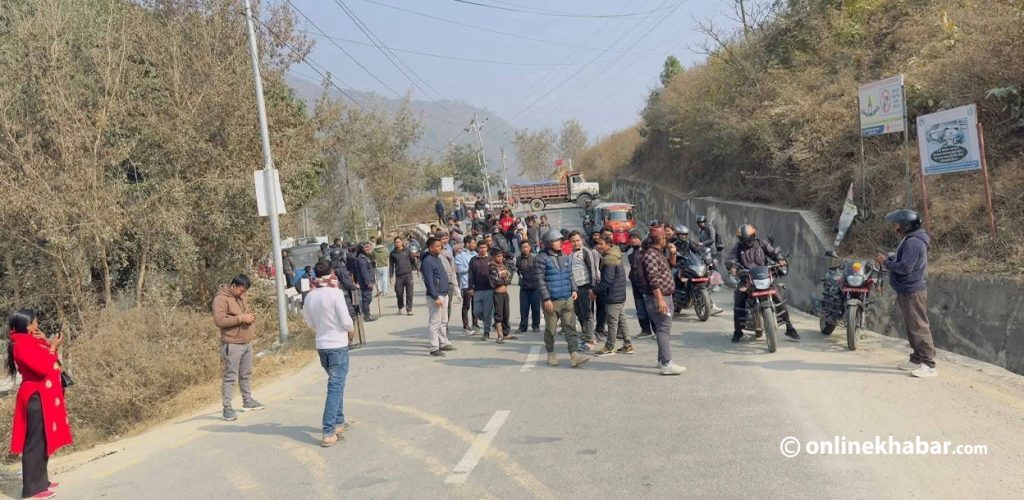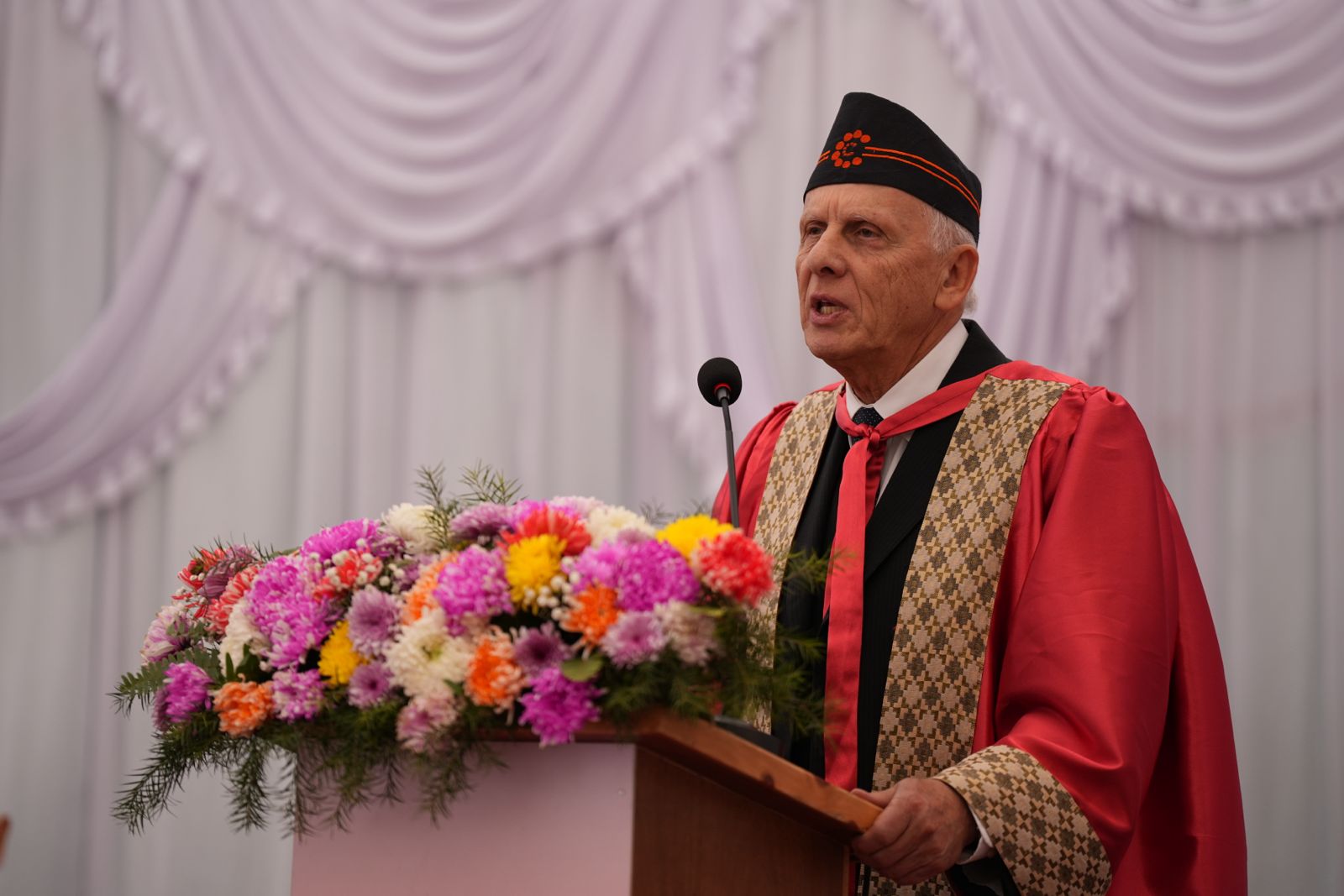On Thursday last week, the government issued a notice requesting restauranteurs and other nighttime business operators to close their businesses after 9 pm as the number of active Covid-19 cases is on the rise again.
Following the recent spike in Covid-19 cases in India, Prime Minister KP Sharma Oli, also on Thursday, urged the public to remain vigilant. He also warned of another round of lockdown.
On Friday last week, the Ministry of Health and Population recommended the closure of crowded areas, such as schools, colleges and restricting the gathering of more than 25 people.
All these statements and notices from the government following the risk of the second wave of Covid-19 have created a state of panic in the private sector again. The long halt in business and trade following the lockdown induced by the Covid-19 pandemic last year had already severely impacted the economy.
And, all the businesspersons, traders, entrepreneurs fear the economy that is gradually recovering from the losses caused by last year’s lockdown may collapse if another lockdown is imposed.
Can’t afford another lockdown
“Due to the pandemic, we have suffered a lot that we still have not been able to recover,” says the president of the National Entrepreneurs Federation of Nepal, Naresh Katuwal, “We can’t afford to shut down. If we do so, our economy will collapse.”

Meanwhile, he also mentions the health protocols should be followed by everyone to avoid the Covid-19 infection. Remembering last year’s lockdown, Katuwal says, “We were forced to defy the lockdown rules and open shops as we were struggling to sustain our daily livelihoods. Besides, we also had problems in paying rent, bank instalments, and interest as well as the salaries of the employees as all the businesses were completely shut at that time.”
Katuwal suggests if everyone is aware and adopts safety precautions, no decision should be taken that would affect the daily lives of the people.
Likewise, Rajesh Kazi Shrestha, the president of the Nepal Chamber of Commerce (NCC), says the country’s economy is not in a satisfactory state at the moment. “Even though it’s been more than a year since the Covid-19 crisis has begun, the pace and direction of the economy are still uncertain,” he said at the annual event of NCC on Thursday.
Although the economy has not suffered further losses due to some relief measures brought by the budget and monetary policy of the government, it has not yet embarked on the path of recovery, expressed Shrestha.
“I would like to urge the Prime Minister to create a situation in which Nepal can be recognised by the whole world as an economy that has recovered quickly after the Covid-19 pandemic, for which we (the private sector) are ready to support the government in every possible way,” he said.
Need to focus on awareness
According to a study conducted by the Nepal Rastra Bank in December 2020, of the industries and businesses shut down owing to the pandemic, 54 per cent had begun operating fully. The rest were also preparing to come into operation gradually.

The president of the Confederation of Nepalese Industries, Satish Kumar More, hence, says another round of lockdown would be fatal for the economy. Instead, the government should focus on spreading awareness to prevent the spread of Covid-19 infection, he suggests.
Economist Chandra Mani Adhikari agrees, “In such a situation, we should not impose lockdown like in the past. Economic activities need to be growing. By imposing yet another lockdown, we should not weaken the stagnant economy again.”
Last year, there was no treatment available for Covid-19, which stood as one of the compulsions to impose the lockdown then. However, things have changed now as vaccines against the coronavirus are in use, they say.
Many health workers, security personnel, and even the media personnel have been vaccinated against the coronavirus. A few days ago only, Nepal had received 800,000 doses of Vero Cell Covid-19 vaccines donated by the Chinese government. Now, the government should focus on vaccinating its citizens, suggests More.
There is a lot of fear as a new variant of the coronavirus has been detected and the number of Covid-19 cases is on a rise in India. Therefore, the border area should be tightened, suggests Adhikari.
“Screening of people coming from outside should be done, not by intimidation or stopping at checkpoints, but by testing. And, economic activities should be carried out maintaining physical distance,” recommends Adhikari.








